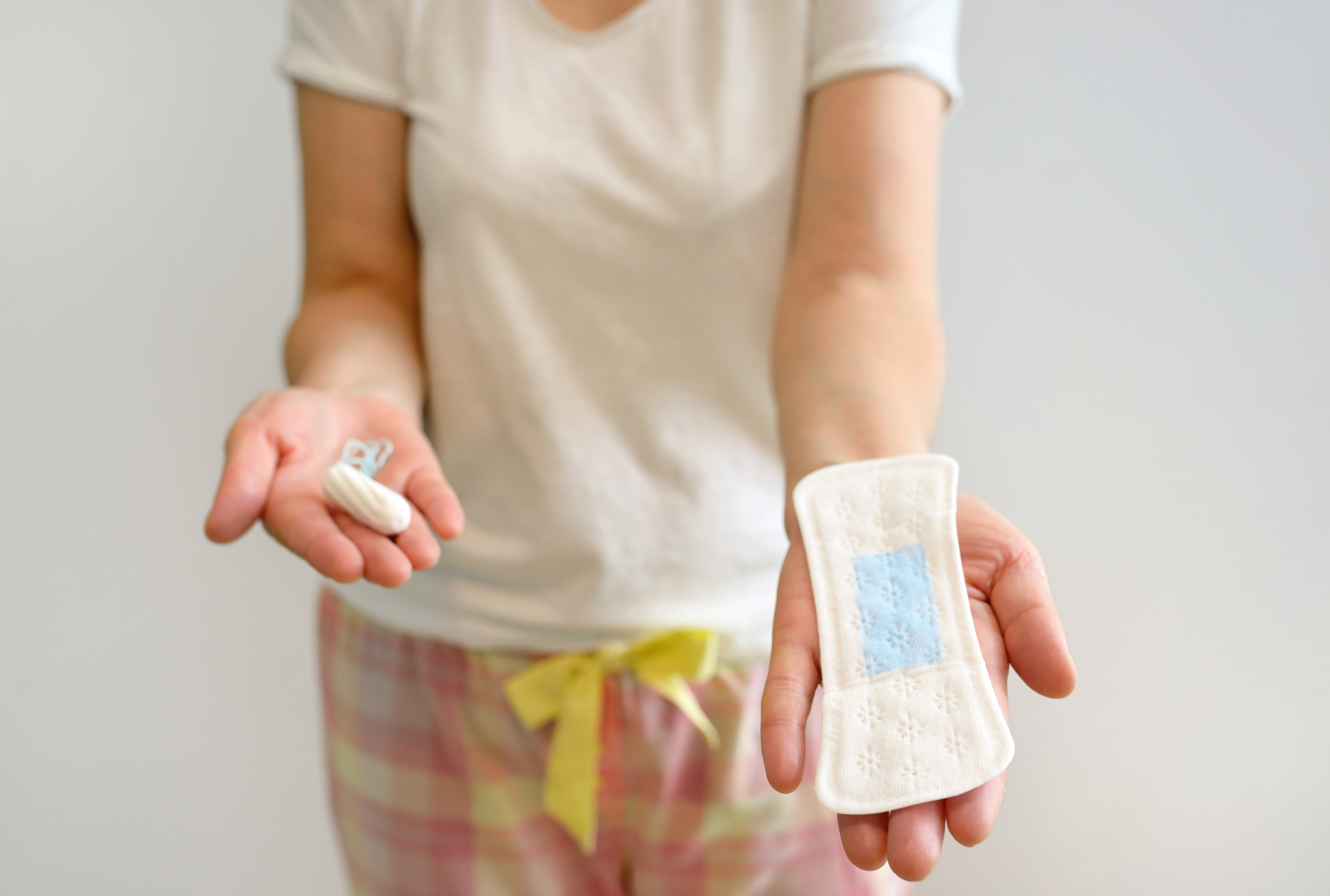Experts say that the cause of dry syndrome is still unclear, and it may be related to factors such as autoimmune, genetic, and viral infections. Dry syndrome is divided into primary and secondary, with the former existing alone and the latter coexisting with conditions such as rheumatoid arthritis, systemic lupus erythematosus, and systemic sclerosis. 90% of patients with this disease are female, and the onset age is between 30 and 40 years old. More than 80% of patients with dry syndrome have symptoms of dry mouth, which is due to a decrease in salivary gland secretion. There is no or little saliva in the dry mouth, so dry food cannot be swallowed without drinking water. Most patients with dry syndrome have decreased saliva secretion from the salivary glands, causing teeth to lose the moisturizing, rinsing, and nutritional effects of saliva. The teeth gradually turn black, become loose, and eventually only leave residual roots. Because the occurrence and severity of this type of tooth decay are more serious than ordinary tooth decay, it is called "rampant caries." In addition, patients with this disease often have reduced tear gland function, often feel dry and gritty in both eyes, have few or no tears, and cannot cry when emotionally excited. They may experience a sensation of foreign body friction or burning in the eyes, have heavy eyelids, feel a curtain-like obstruction in front of the eyes, and experience photophobia, eye pain, and repeated attacks of angle and conjunctivitis. Some patients may also experience dry skin, lack of nasal mucus, coughing up sticky phlegm, dry stools, vaginal dryness, and difficulty during sexual intercourse.
If the following conditions occur, dry syndrome should be suspected:
1) Middle-aged and older women experience dry eyes and dry mouth;
2) Atypical joint pain that does not meet the diagnostic criteria for other types of arthritis;
3) Rapid onset of tooth decay or tooth loss in recent months or years;
4) Repeated enlargement of the parotid gland;
5) Excessive secretion of eye corner discharge upon waking up;
6) Unexplained liver and bile duct damage, etc. Early treatment of dry syndrome can effectively slow down the progression of the disease and have a better prognosis.
Experts suggest that patients with this disease should first develop good lifestyle habits, maintain regular sleep patterns, avoid staying up late, and eat meals at regular times and in appropriate amounts. Secondly, the diet should be light and avoid getting too much heat in the body. Avoid eating fried foods and consume more cooling foods such as fresh green leafy vegetables, cucumbers, oranges, and green tea. It is also recommended to eat more carrots to supplement the body with essential vitamin B and prevent dry and cracked lips. Avoid eating dry foods such as deer antler and cinnamon when taking tonics. At the same time, it is important to maintain a balanced mindset. A calm mindset promotes smooth circulation of qi and blood and helps prevent getting too much heat due to emotional stimulation.






